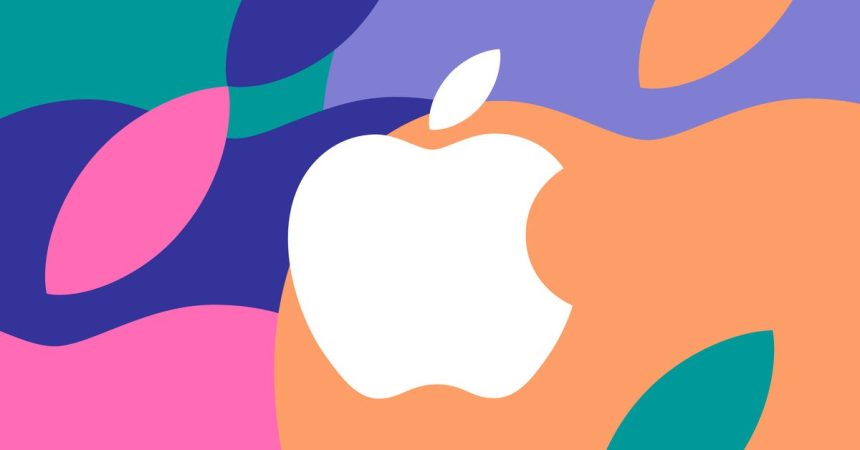An Apple employee, Amar Bhakta, has filed a lawsuit against the company, alleging that it requires employees to waive their rights to privacy and subjects them to constant surveillance, as initially reported by Semafor. The lawsuit claims that Apple invades the privacy of its workers by accessing data on company-managed devices, including personal iPhones that employees are encouraged to use for work purposes. Although Apple provides the option to use company-owned devices, the suit contends that employees feel pressured to bring their personal devices, which are then managed using Apple’s internal software. This management allows Apple to track and search through personal emails, photos, and other files associated with these devices, claiming that such data is subject to monitoring.
Further exacerbating the issue, the suit argues that Apple violates California laws by enforcing policies that allow for extensive surveillance of employees. This policy reportedly enables the company to conduct physical, video, and electronic monitoring of its workforce, including the ability to search both company-owned and personal devices while on company premises. Alarmingly, there are instances where this surveillance could extend to an employee’s home office as well, raising serious concerns about the boundaries of workplace privacy. The lawsuit characterizes Apple’s surveillance culture as a “panopticon,” where employees are perpetually under observation, both during work hours and in their personal lives.
In addition to the privacy claims, Bhakta’s lawsuit also addresses issues regarding alleged wage clawback policies that he considers illegal. He asserts that Apple has engaged in practices to suppress employee speech, particularly when it comes to discussing pay equity and working conditions. For instance, Bhakta claims that he faced restrictions when he attempted to publicly share his experiences related to digital advertising, including being ordered to remove relevant information from his LinkedIn profile. These allegations align with recent accusations from the National Labor Relations Board, which accused Apple of interfering with employee discussions about employment conditions.
In a response to the allegations, Apple spokesperson Josh Rosenstock emphasized the company’s commitment to creating superior products and protecting the intellectual property of its teams. He asserted that every employee has the right to discuss their wages, hours, and working conditions, and emphasized that such discussions are an integral part of the company’s business conduct policy. Rosenstock categorized Bhakta’s claims as lacking merit and stated that Apple strongly disagrees with the allegations mentioned in the lawsuit.
The implications of Bhakta’s lawsuit could resonate significantly within Silicon Valley and broader corporate practices, as privacy concerns and employee rights in the age of technology become increasingly scrutinized. If successful, Bhakta’s case could establish a precedent regarding employee privacy rights, particularly concerning the use of personal devices for work and the extent to which employers can monitor their workforce. Furthermore, the suit underlines a growing trend where employees are becoming more vocal about labor rights issues, especially within large companies like Apple known for their innovative products and workplace culture.
As this lawsuit unfolds, it brings to light the critical balance that must be struck between organizational security and individual privacy rights. The case highlights the potential for conflict when companies develop and implement policies that govern the use of technology in the workplace. Consequently, the outcome may not only affect the relationship between Apple and its employees but could also influence corporate policy reform across various industries regarding the treatment and monitoring of workers in an increasingly digital world. As awareness grows around these issues, companies may be compelled to reassess their practices and ensure that they align with contemporary expectations of employee privacy and autonomy.



